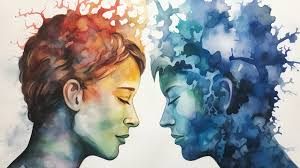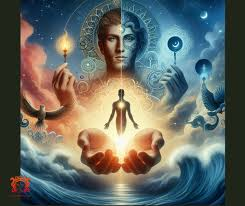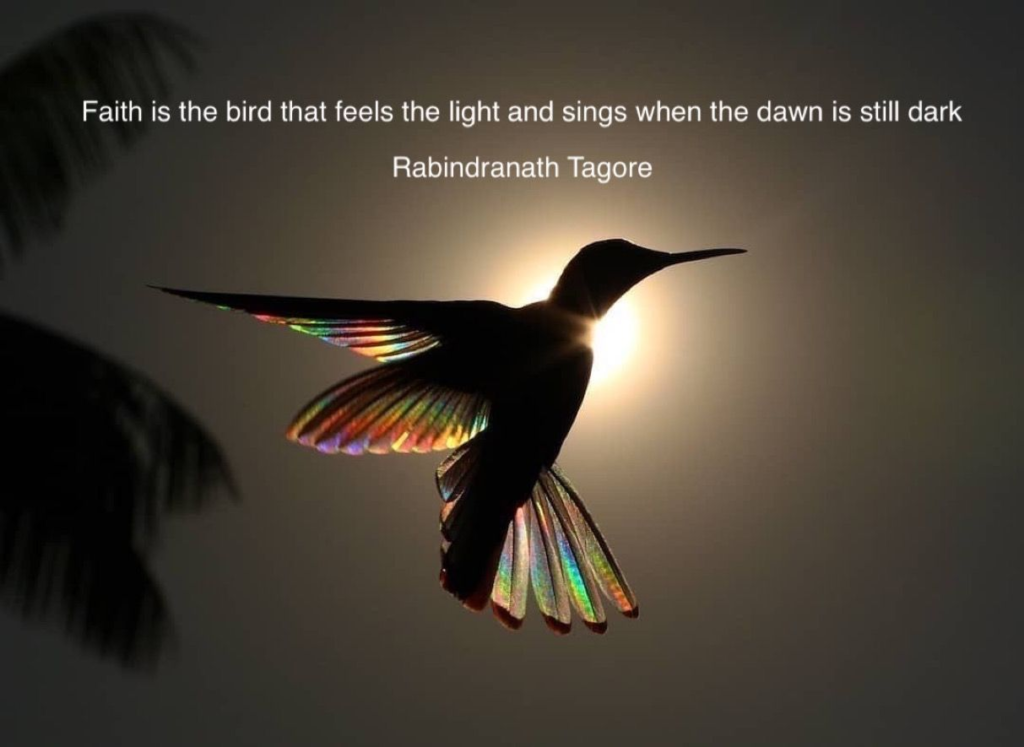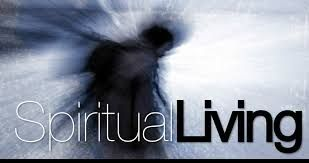
The new model of leadership is founded on personal empowerment. At its core is heightened self-awareness and awakened consciousness. It isn’t so much about self-mastery as it is about the self-acceptance. The Taoists believed that all living things, including people, had an essential nature, an innate nature.
Once consciousness is invoked it permeates everything including the business enterprises we lead and serve. This emergent feminine energy will not announce its arrival. It will sweep forth like a tsunami underfoot. It’s power irresistible and unrelenting.
Unlike masculine power won from hard fought battle this tsunami effect is quite a natural phenomenon. In leadership parlance it does feed on power, control and authority structures and this is why it is more prevalent outside the traditional organisational structures that we know of in large corporations and government. It is also one reason why there is such perpetual struggle in these corridors of power.
In practical terms we work in a business, economic and technological environment unlike anything we have experienced before. This change is of our own doing. As Einstein so poignantly put it, “You cannot solve problems with the same level of thinking that created them”.
We need another way of approaching complex problems. A more feminine approach would be sit with the problem and its unresolved tension, expand our thinking, or better still let the tension bring forth am emergent solution of its own accord. These leaders of the new light are artisans at sitting with unresolved conflict, unsolved problems.
Heart guides will. Invite your intuition to guide you. Relax your highly tuned problem solving skills, which are the domain of the left hemisphere of your brain, and allow yourself to be guided by a felt sense of direction, purpose and resolution. Brian Tracy once coined the phrase, “As you take one step towards your goals, your goals take two steps towards you.” It is a bit like that. Trust in your intuition and that creative resolution will be invoked by your heart.
This feminine energy is omnipresent in business. It always has been; just like our intuition has always been available to us but we have stifled it through one dimensional learning methods like rote learning and homogenised success formulas in business and problem solving.
Ask any small business operator if they use a business plan and most will say they either don’t or they prepare one and shelve it. Now, I am an advocate of strategic planning. I am also an advocate of scenario planning, brainstorming and thinking outside the square.
The first question to ask is not, “How do I create success?” but rather, “Why am I in business?” in sequence the order of questioning is, Why, What and How?
There are three keys principles of the emergent feminine energy in leadership and business. They epitomise the invocation of the new light, a new light of consciousness awareness. They are:
Potential: The epitome of the feminine is potential – unrealised potential. The expressions maximise your potential and reach your full potential are misleading. Unrealised potential knows no boundary, no ceiling. The feminine is a metaphor for universality or infinite possibility. The leaders of the new light accept and embrace the divinity that is inherent in all things. Genius springs forth in such an environment.
Space: This notion of creating and holding space is at the core of all coaching engagements. It has its origins in ancient shamanistic practice and it is significant that it does. These leaders of the new light are leading us on a return voyage. A return to heartfelt leadership, values infused culture and a deeper exploration of what is purposeful and meaningful to us as individuals and collectively as humans. The adage, “If you want your outside world to change, you must be the change” holds true.
Flow: When our hearts and souls are aligned with our purpose, mission and values then we are in flow with our innate nature. This is our innate state. This is how life works until you limit your beliefs, doubt yourself, place blocks and limitations in front of your feet. Beliefs like “You have to work hard to succeed” belong to a bygone era. Many of the inspirational quotes and elements of the success formulas were also penned in eras of war, lack or male domination. They served their time but the leaders of the new light will shine the way for you into the future.
The leaders of the new light, a new light of consciousness, start from a paradigm that you have potential (unlimited potential) and that when you aligned with your own heart you will evoke a creativity that is innovation at its core. And it is the most innate natural state you can live and love from.






